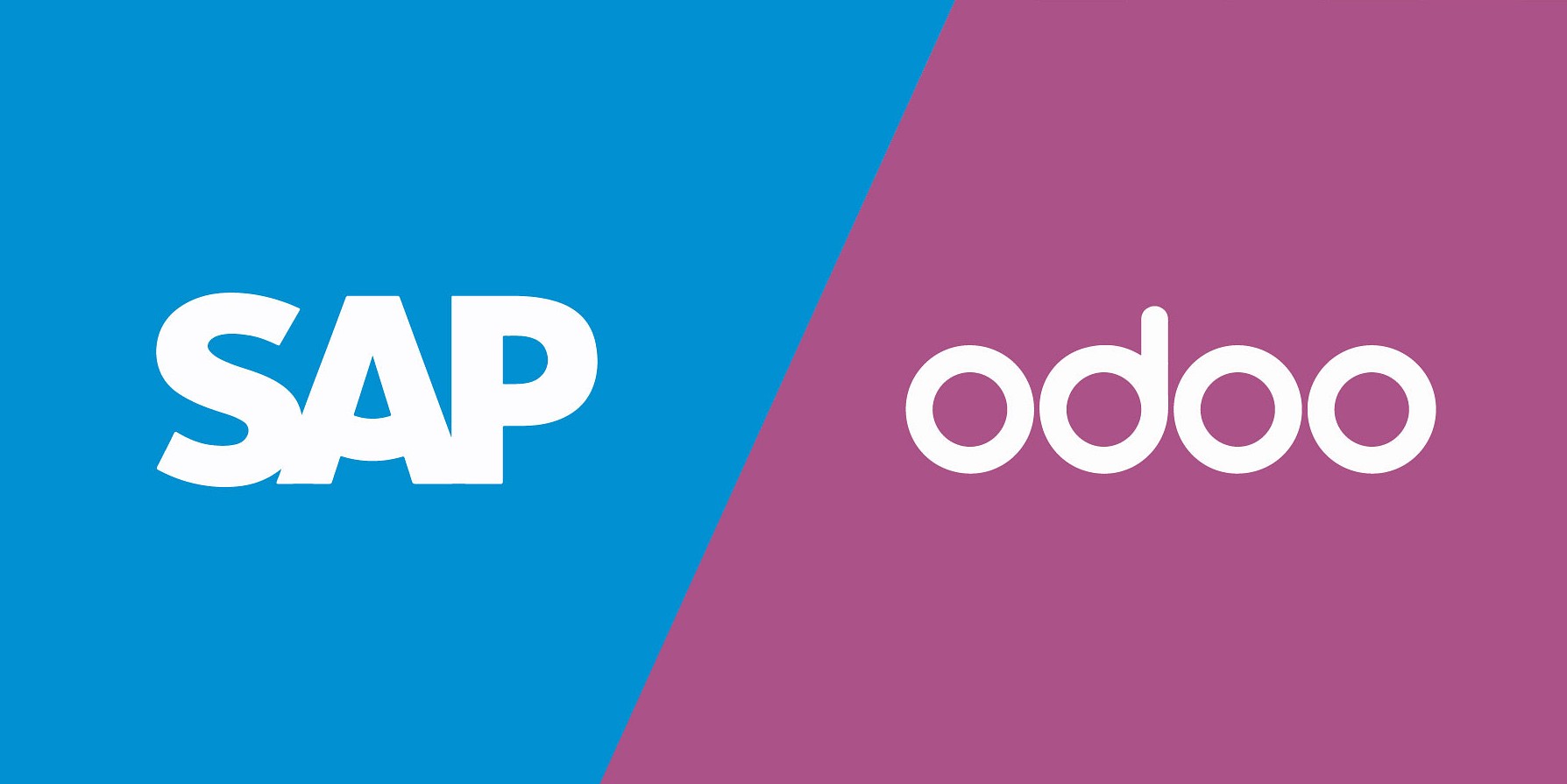
Why Are Businesses Moving to Odoo From SAP?
Systems for enterprise resource planning (ERP) have grown to be indispensable for companies of all sizes. Accounting and customer relationship management are just a few of the operational tasks that ERP solutions assist businesses with managing.
The ERP firms of today are well-groomed and capable of addressing any type of company demand. IoT, Cloud, and Artificial Intelligence (one step closer to the future) have been infused with technology, making them resilient to demonstrate intrinsic management of company demands.
By using an ERP, a business can innovate its market and improve the effectiveness of its operations. Additionally, it enables you to standardize all workflows and procedures while assisting in IT expense savings.
Two of the most popular ERP software alternatives available on the technological market are Odoo and SAP. We will go into great detail regarding the features, benefits, and distinctions of each of these platforms in this article:
Odoo and SAP : Introduction
Open-source ERP program Odoo entered the market in February 2005. The developer community from all over the world has been working on upgrading and expanding this software for more than ten years, and businesses have come to love it for its high level of customizability and simplicity of use.
However, if you installed Odoo as a startup and your business has subsequently expanded, skilled developers may adapt the ERP to accommodate the volume of data you handle. One of the most potent systems for company administration in the world is SAP. Since its founding in 1972, the firm has been providing businesses with business solutions.
SAP centralizes company data management to provide every member of the team access to the most recent data. To develop effective company plans and make the greatest business judgments, you must have the data available.
Odoo and SAP : The Difference
Budget
The Community edition of Odoo is completely free but has some restrictions on some modules. To make a comparison, let’s use the whole Odoo Enterprise version. Even though SAP Business One (SBO), SAP’s alternative for small and medium-sized firms, is on the opposite end of the spectrum, it is still a less expensive solution.
Because of its yearly fees and deployment, SAP might be a little more expensive. Additionally, the cost per user is typically greater.
Flexibility
Odoo enables small and medium-sized enterprises to operate one way now and a another manner tomorrow in order to remain competitive. Odoo is quite versatile since its goal is to always adapt to the expansion of businesses. The supply chain, for instance, would change if the firm changed its vendors. Survival in these businesses depends on flexibility.
When it comes to SAP, rigid adherence to the procedures takes precedence over flexibility. The key to the successful operation of the entire organization when you have offices or subsidiaries with hundreds or thousands of people in different countries is to adhere to defined business processes.
Dissolving Errors
Even non-technical individuals may easily use Odoo’s user-friendly interface. By doing this, training expenses may be decreased and user adoption can rise. But with SAP, as it is a closed source program that can only be handled by the company’s technical support personnel, it does not occur.
Functionality
The open-source ERP called Odoo is composed of modules and is built in Python. Utilize the ones you require while being open to discovering new Odoo features and solutions. Each module can carry out a specific task on its own and is intelligent.
Despite the fact that SAP is renowned for its durability and scalability, some firms believe it contains more capability than they require. Because SAP is designed for businesses, it requires additional workflows to be adjusted.
Community
Odoo has a sizable and vibrant community of users and developers that support and improve the software. For companies who utilize Odoo, it may be a useful tool. Although it tends to be smaller and more concentrated on SAP’s products, SAP also has a community.Regarding hosting, Odoo offers a free platform installation service on its servers. For the use of its servers, SAP charges a licensing fee.
In summary, Odoo is a cutting-edge and reasonably priced ERP solution that is increasingly favoured over SAP due to its open-source design, extensive customization options, and user-friendly interface.
The answer to the Odoo vs. SAP comparison will depend on the size of your firm and how many orders you have to process daily. Odoo is best suited for small and medium businesses with straightforward business procedures.
The main objective of ERP deployment is to switch from many spreadsheets to a unified system, which will become a single point of truth. A firm may have numerous offices, but their procedures are generally the same. You are always welcome to take benefit of SMB Solutions‘ Odoo implementation services.
